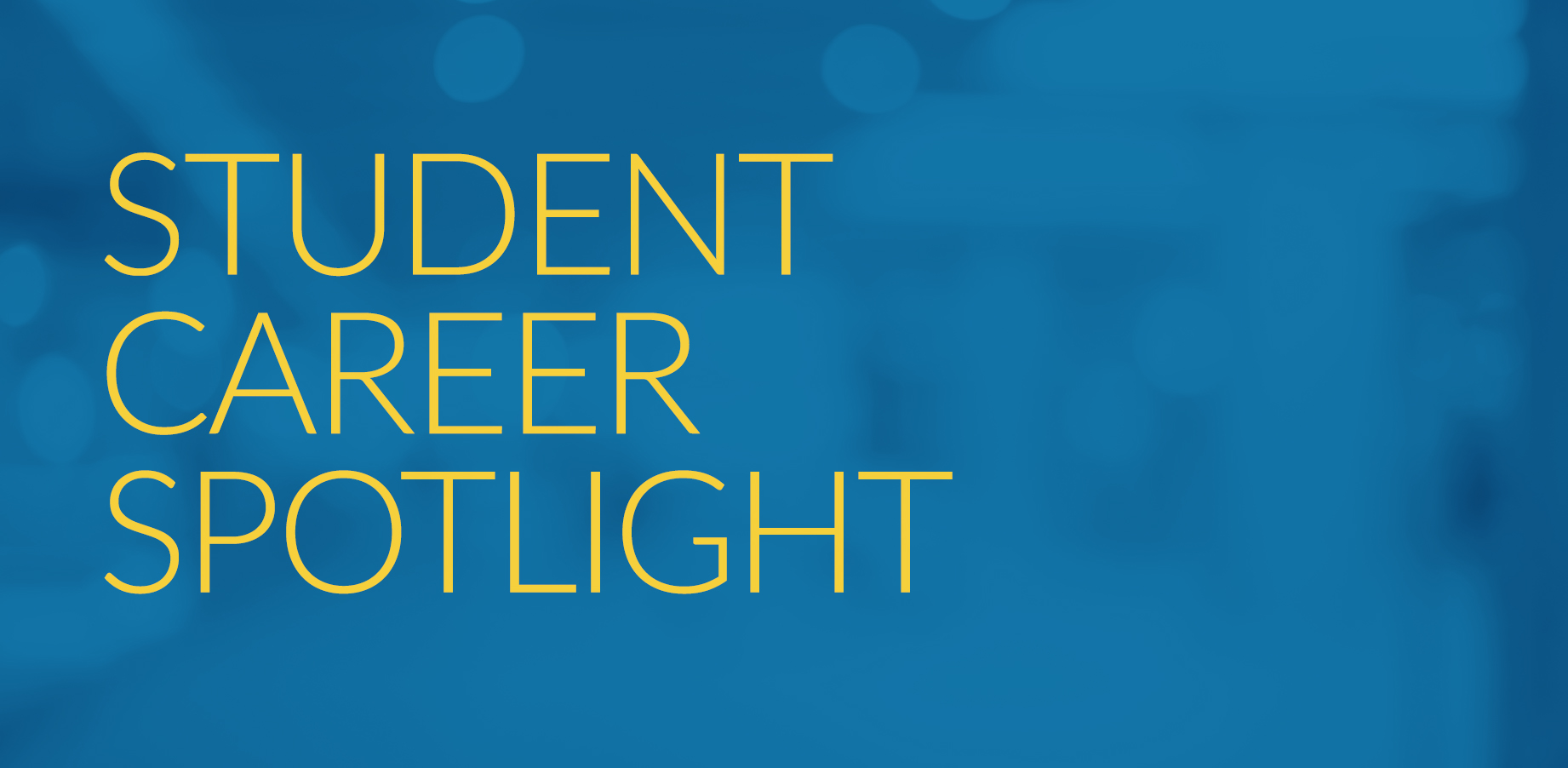Elizabeth Stewart – Student Interview

Elizabeth Stewart
Alumna (2022), Clinical Psychology PhD program, Los Angeles campus
Q: What have you been doing since you graduated?
A: I’m wrapping up my two-year fellowship in pediatric neuropsychology right now. I’ll actually be moving to the neuropsychology program in Long Beach at Miller Children’s Hospital. They’re a practicum site with clients which is how I found the job. My former supervisor retired, and he called me up and said, “Hey, if you’re looking for a job they’re about to hire because I’ll be retiring.”
Q: Why did you choose to earn your PhD at Alliant?
A: I was born and raised in Des Moines, Iowa and I was trying to figure out where I was going to go to graduate school, and I stumbled across the program at Alliant actually by accident. I was really only looking at state schools but then I was reading more about the programs at Alliant and the intense focus on diversity and training and practical applications and the combination of practice and research really being a 50/50 focus so that was what ultimately led me to pick Alliant.
Q: At that time, did you know that Alliant starts the practicum training earlier in the program than other schools?
A: I didn’t know that at the time, but it worked out really well for me. By the time I got to my clinical pre-doc internship I felt like I was extra prepared, more so than from the other folks there. Alliant also encouraged me to take extra practicums all the time. They made that easy and it worked out well that I got two practicums. I was actually doing two practicums at the same time for two or three years through graduate school and it didn’t feel overwhelming. Everyone worked with me to help me succeed at both.
Q: Was there anything that surprised you when you got into the program?
A: I don’t think I was expecting the professors to be as accessible as they were. I had this image of PhD programs being very long, very academic, and very scary. All the faculty were very approachable, very amiable, very friendly, and their doors were always open.
Q: What did Alliant do that felt unique or special that helped you through the program?
A: Having the professors be so accessible was a huge help. But honestly, I think the focus on clinical work and research at the same time, empowering you to go out into the community and figure it out. They encourage you to be practical and actually put your degree to work instead of having a lot of theoretical training. They are where the rubber meets the road. They have us be hard core right away and it was great!
Q: How has Alliant helped you through the postgraduate phase to where you are now?
A: Because my fellowship was already a practicum, I already had the Alliant connection. My supervisor is also an alumnus of the same program so having the network not only still on campus but the network all over California was very helpful. When I started the program, I think they said that 50% of licensed psychologists in California came from Alliant. It’s incredible that anywhere I went I was able to connect with someone from Alliant. Coming from a similar footing and having that connection really helped.
Q: How do you think the Alliant experience prepared you for what you’re about to go into now?
A: The way that they encouraged us to practice with diversity and diverse populations and to get outside of our comfort zones a little bit; that was the big thing. It was challenging and scary at first but my supervisors and my professors all really encouraged me to go do the things that I was not good at and that actually helped me get really good at things. So much so that I’ll be working in one of those things that I thought I was going to be really bad at which was working with kids who have severe health disorders and cancer and rare blood disorders.
Q: What advice would you give to someone who’s considering going into the field of psychology?
A: You gotta do it! There are so many different options and don’t get siloed. I was really nervous getting into a PhD program in clinical psychology. I was worried that this was it; that I’ve got one option after this and it’s just being a therapist. And then after I got into Alliant and started my program, I discovered a thousand different avenues, so education will never hurt. Getting the extra experience and having an excellent network doesn’t hurt either.
I was a huge fan of Alliant for encouraging me to try a lot of different things. When I was looking at other PhD programs, they made it very clear that you would be coming in to research this one thing because that’s what your supervisor is going to be researching so it was a very siloed process. But Alliant made it a great option for me to try a lot of different things and see what fits and that’s actually how I found the passion that I wasn’t expecting.